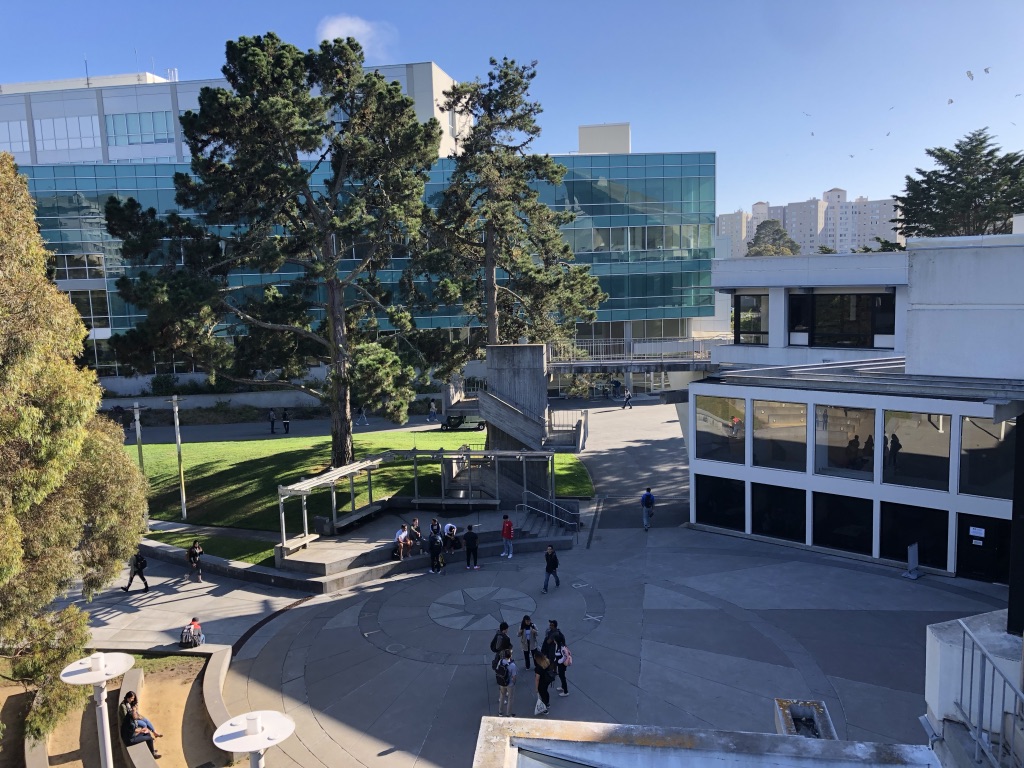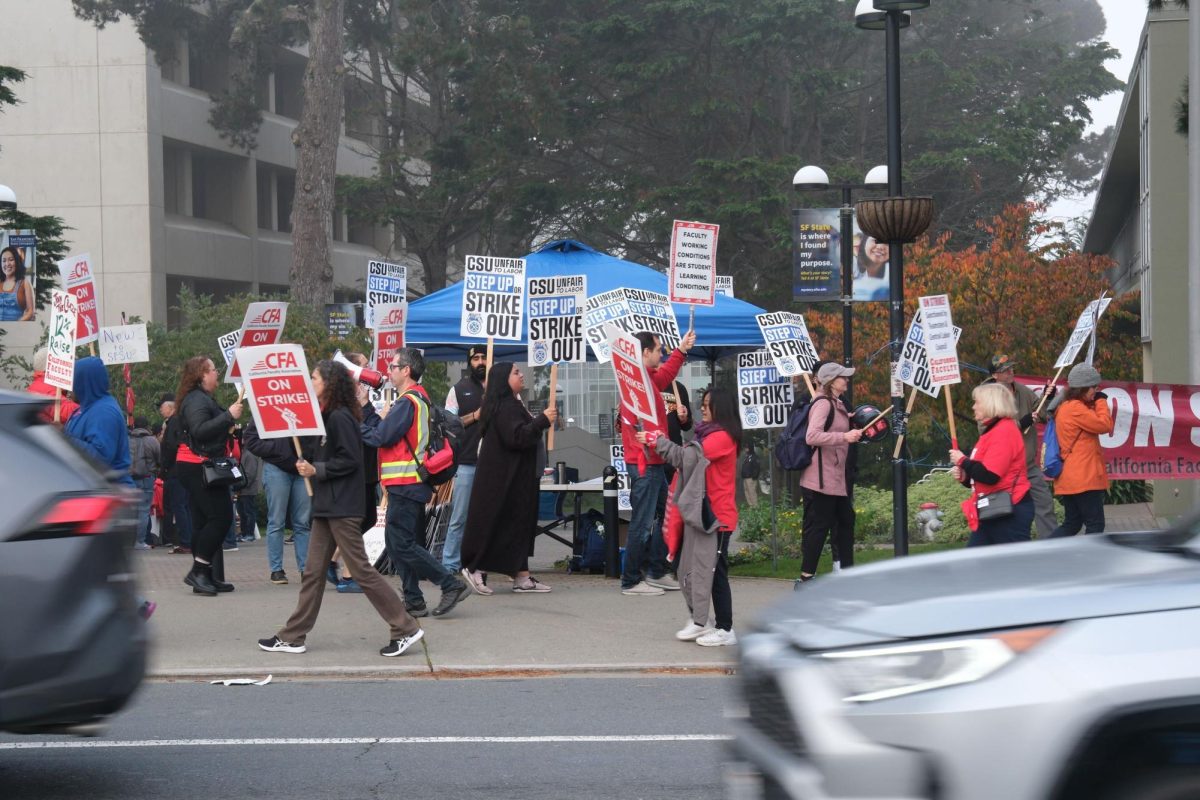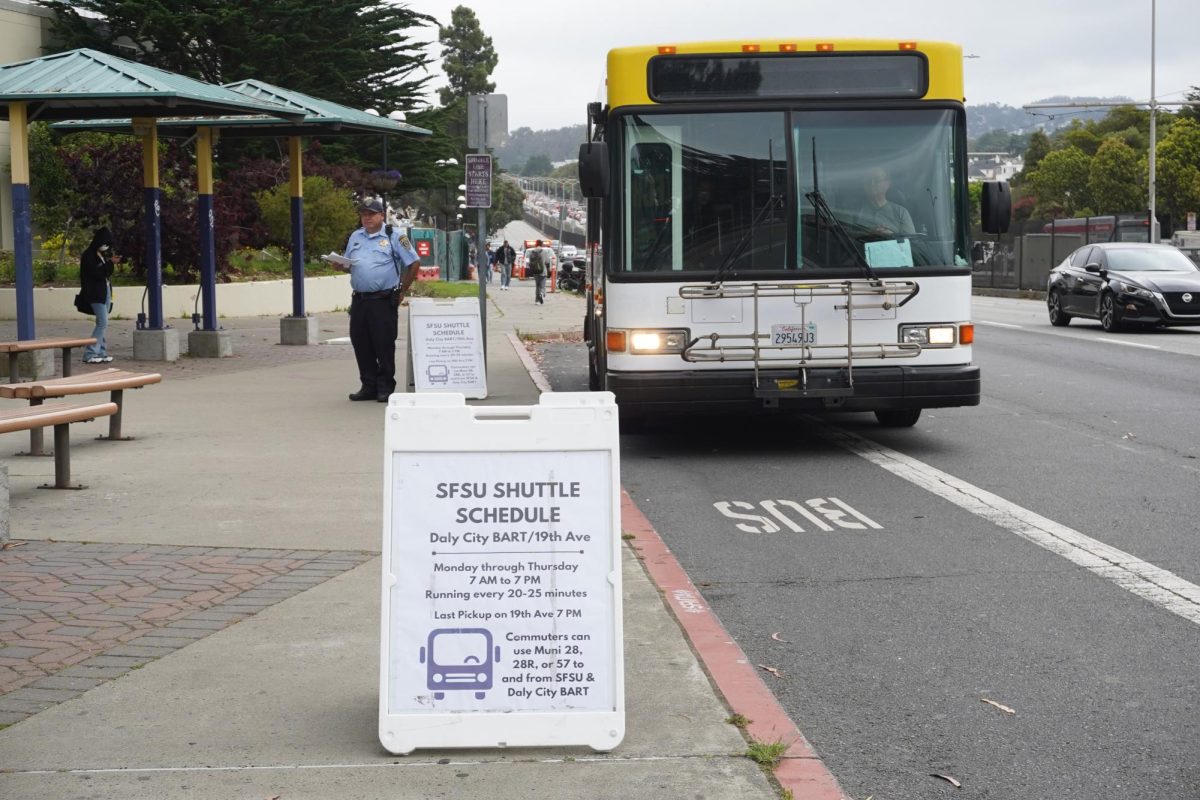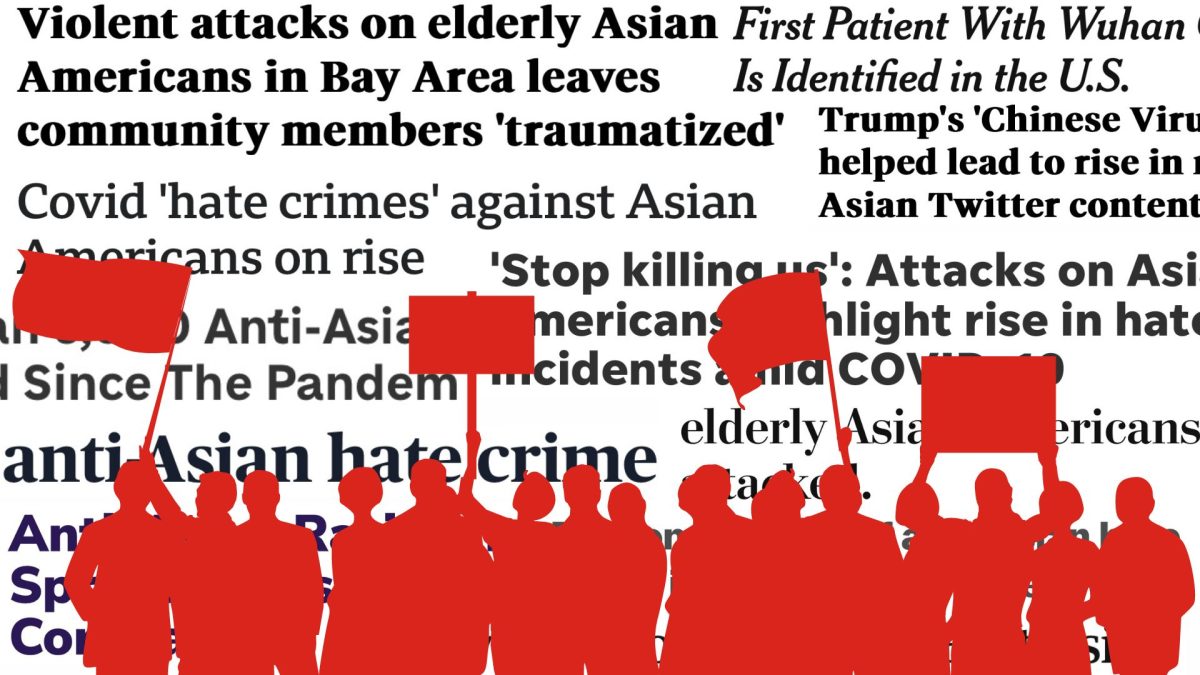California Gov. Gavin Newsom signed Senate Bill 447 into law on Wednesday, which will end the seven-year-old travel ban that had prohibited the utilization of state funds for travel to states with anti-LGBTQ+ laws.
Senate Bill 447 repeals a 2016 policy ––– one which stemmed from a North Carolina measure that forbids transgender people from using public restrooms matching their gender identity. It barred a California state agency and the legislature from mandating non-essential travel for its employees, officers, or members to or approving requests for state-funded or state-sponsored travel to any state that discriminated against individuals based on sexual orientation after June 26, 2015.
When the bill ––– known as AB 1887 –– was originally enacted, just four states were included. At the time it passed through California lawmakers to rescind, the number had significantly grown to 23 banned states. Among those listed were Florida, Texas, Arizona, Georgia and Alabama.
San Francisco enacted a similar reversal when the Board of Supervisors voted 7-4 on April 25 in favor of ending the city’s travel ban to states with anti-LGBTQ legislation, citing effectiveness as a key reason for the decision.
“I supported the idea of taking a stand against states that were increasingly hostile to basic LGBT rights –– freedoms and equality,” said Marc Stein, a history professor at SF State. “There were voices on both extremes, calling on the one hand for full enforcement of the law with fewer exceptions and others who wanted it to be repealed immediately.”
As a historian of queer political activism and sexuality studies, Stein is one of the few endowed chairs at SFSU and receives funds for research on topics related to his specific academic teachings.
In 2017, he embarked on a research expedition to North Carolina but was initially denied because of SFSU’s status as a functioning state school. He eventually made the trip after a rigorous battle for exemption –– he had purchased the plane ticket before AB 1887 was signed into law and submitted his request to a separate, university-affiliated corporation managing the endowment, allowing the state to ease restrictions.
Stein argues AB 1887 could’ve worked, but with a few exceptions to encourage social justice, education and research –– all affairs that he believes require physical presence on the ground and can’t always be conducted while sitting in front of computers or inside a local laboratory.
“I hope the legislature thinks more about consulting with the colleges and universities when taking major steps that affect colleges and universities,” he said. “I have no evidence that there was any consultation with the higher ed sector when that law was passed. I think the legislature should engage in deeper and broader study and who better positioned to help with that kind of research than college and university faculty and students.”
California State University schools will again be allowed to send faculty and students to funded conferences in formerly banned states. More flexibility will be given to graduate students, whose studies oftentimes depend significantly on research efforts.
CSU and the California Faculty Association were among the early supporters of Senate Bill 447.
SFSU sports programs were heavily affected by the travel ban and the athletic department is expected to evaluate increased opportunities on the calendar when it comes to facing out-of-state opponents.
“We support the spirit of the original legislation,” said Brandon Davis, SFSU’s senior associate director of athletics. “However, it became limiting as the number of banned states grew. The department did our best to schedule regular season competition in non-banned states but there were instances where NCAA postseason was held in banned states, such as Montana, that caused logistical issues. We risked not providing our student-athletes an equal experience to other institutions and instead had to find alternate funding sources to make that happen.”
Senate Bill 447 also includes a new initiative –– a shift focused on launching advertising campaigns promoting anti-discrimination messages in states with anti-LGBTQ legislation.
Building and Reinforcing Inclusive, Diverse, Gender-Supportive Equity Project –– known as BRIDGE –– is a new program included in the law that would engage in out-of-state marketing campaigns designed to raise awareness and educate the public on issues relating to social equity, civil rights and anti-discrimination.
“I think that was a very clever PR move without any funding attached,” Stein said. “There’s no reason to think that’s mutually exclusive with a ban on state-funded travel. We could have continued our ban and paid for that kind of campaign in anti-LGBT states. So when there’s no real relation –– when there’s no real reason we can’t do both –– it becomes obvious that’s a strategic public relations move designed to deflect attention away from what is a step back from a politically principled position.”
According to the California State Senate Rules Committee’s analysis, advocates generally contend that the bill aims to create marketing campaigns to boost awareness and educate the public about socially significant issues of critical importance. The opposing argument stated the bill is “allocating funds for advertising and media with a specific focus on exerting undue influence on the laws of other states.”












